By Ye Shiwei
On 6 November 2018, China underwent the third peer review of its human rights record at the UN Human Rights Council, through a State-led process known as the Universal Periodic Review (UPR). 150 countries made more than 340 recommendations to China. A partially completed, draft outcome report has been published which includes all the recommendations and the countries that made them, clustered by themes.

Countries reviewed under the UPR process can choose to either accept or merely “note” recommendations. According to this report, the Government of China has not made its position known on any of the recommendations and is thus required to do so, in writing, by the start of the next session of the Human Rights Council in late February 2019, where the outcome report will be formally adopted.
The large-scale repression against Uighurs, Kazakhs and other Muslim minorities in Xinjiang has attracted significant attention during the 6 November interactive dialogue between the Chinese delegation and other governments. However, none of the predominantly Muslim countries made recommendations concerning the situation while Turkey raised concerns in its statement without mentioning Xinjiang, Uighurs or Muslims. Kazakhstan said it is using diplomatic means to address the “sensitive” issue of China’s current counter-terrorist campaign and ethnic Kazakhs who live in China.
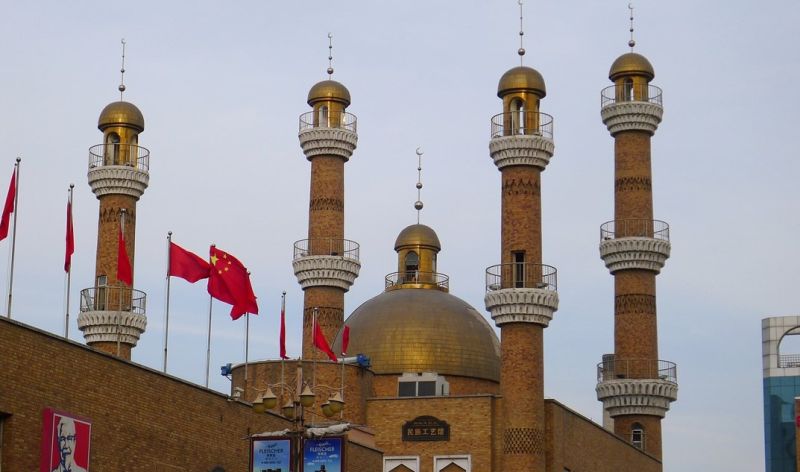
Below are some of the UPR recommendations made on 6 November concerning key human rights concerns in China including Xinjiang, Tibet, Hong Kong, business and human rights, and civil society and human rights defenders (the number preceding the recommendation refers to the paragraph number in the draft outcome report):
Recommendations that specifically refer to Uighurs, Muslims, Xinjiang, and mass detention/internment camps/”re-education centres” (18)
From UK, France, Denmark, Norway, Switzerland, Ireland, Netherlands, Australia, USA, Canada, Germany, Czechia, Sweden, Finland.
6.22. Implement Committee on the Elimination of Racial Discrimination recommendations on Xinjiang and allow the UN unrestricted access to monitor the implementation; (United Kingdom of Great Britain and Northern Ireland);
6.23. Implement all of the recommendations of the Committee on the Elimination of Racial Discrimination of August 2018, regarding Xinjiang, particularly putting an end to mass internments in camps and invite the Office of the High Commissioner for Human Rights and special procedure experts (France);
6.27. Facilitate full access to Xinjiang and Tibet for all relevant UN Special Procedures (Denmark);
6.32. Ensure full transparency on the situation for religious minorities in Xinjiang, including by allowing UN-mandated observers unrestricted access to places of internment in the region (Norway);
6.35. Close all “re-education centres” in Uygur areas and facilitate the visits by the High Commissioner and special procedures in Xinjiang (Switzerland);

6.40. Grant access to the OHCHR to all regions of the country including the Xinjiang Uighur Autonomous Region (Ireland);
6.42. Cooperate with and provide access to relevant UN bodies to help ensure that its policies in Xinjiang, particularly regarding the so-called “vocational education and training centres”, are in line with international human rights standards (Netherlands);
6.175. Cease the arbitrary detention of Uighurs and other Muslim groups in Xinjiang (Australia);
6.177. Abolish all forms of arbitrary detention, including internment camps in Xinjiang, and immediately release the hundreds of thousands, possibly millions, of individuals detained in these camps. (United States of America);
6.179. Release Uighurs and other Muslims who have been detained arbitrarily and without due process for their ethnicity or religion (Canada);
6.180. End all unlawful detention, including unconstitutional mass detention of Uyghurs and other Muslims in Xinjiang, and residential surveillance at a designated location (Germany);
6.190. End prosecution and persecution on the basis of religion or belief, including for Muslims, Christians, Tibetan Buddhists and Falun Gong (Canada);
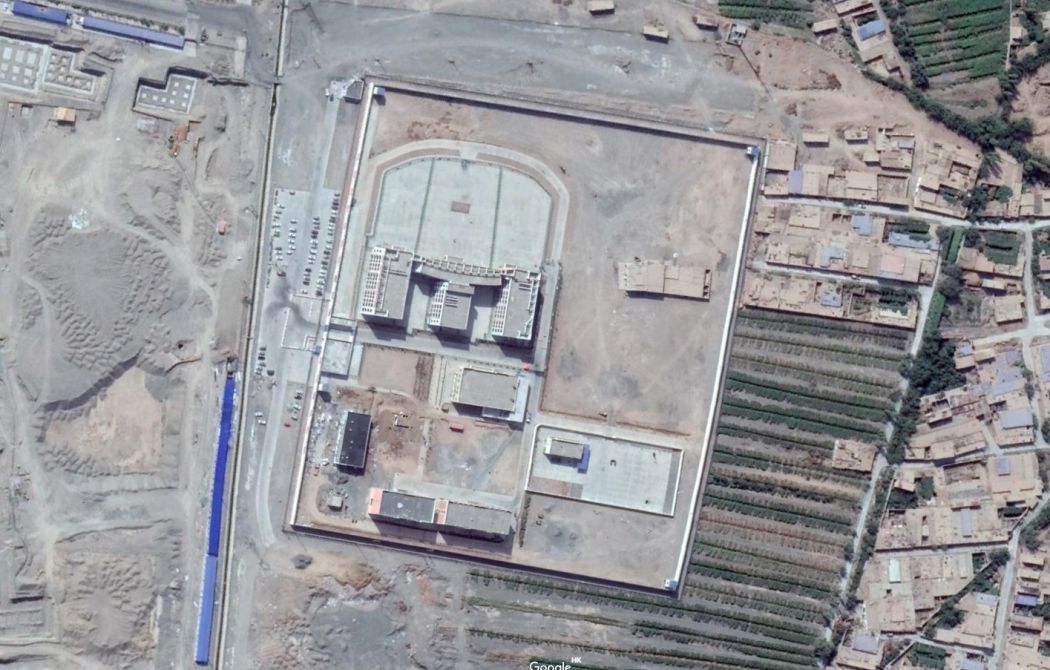
6.191. Ensure freedom of religion or belief, and end detention, harassment and so-called “re-education” of ethnic minorities, including in Xinjiang (Czechia);
6.194. Guarantee freedom of religion and belief, including in Tibet and in Xinjiang (France);
6.195. Respect the rights to freedom of religion and belief, opinion and expression, peaceful assembly and culture — also for Tibetans, Uyghurs and other minorities (Germany);
6.317. Cease restrictions on Uighurs’ and Tibetans’ freedom of movement and allow media, UN and foreign officials access to Xinjiang and Tibet (Australia);
6.319. Take urgent steps to respect the rights of persons belonging to ethnic minorities including the right to peaceful assembly, to manifest religion and culture, in particular in Xinjiang and Tibet (Sweden);
6.325. Protect and promote all human rights, especially rights of ethnic and religious minorities, including Xinjiang Uighurs. Discontinue all the government’s policies and activities, such as ethnic profiling, not in compliance with China’s international human rights obligations, and allow the UN Special Rapporteur on freedom of religion or belief to visit the Xinjiang Autonomous Region (Finland);
Recommendations that made general reference to “minorities” without specific references to particular groups (7)
From Hungary, Belgium, Austria, Croatia, Greece, Italy, and Costa Rica.
6.6. Ratify and implement the International Covenant on Civil and Political Rights and ensure that its protections are extended to all minorities (Hungary);
6.178. Halt the practice of detaining ethno-religious minorities who have not been lawfully convicted for a criminal offence in re-education camps and to release those currently detained under such circumstances (Belgium);
6.186. Take the necessary measures to allow all citizens to enjoy the free exercise of religion or belief, and to ensure that ethnic minorities can freely practise their religion and exercise their culture (Austria);
6.322. Fully respect the rights of ethnic minorities, freedom of religion and expressions of cultural identity (Croatia);
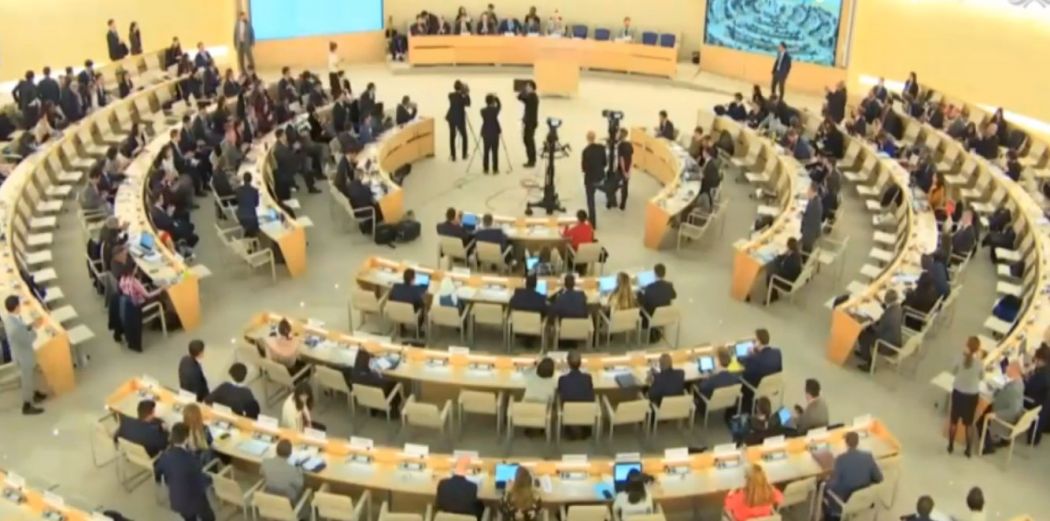
6.326. Further strengthen the protection of the rights of ethnic minority groups, in accordance with China’s Constitution and international human rights commitments (Greece);
6.327. Prevent and combat all forms of discrimination and violence, especially against ethnic and religious minorities (Italy);
6.338. Guarantee the full exercise of the freedoms of association and expression of human rights defenders and minorities in accordance with international human rights law (Costa Rica);
It is noteworthy that Turkey appears to be the only OIC member states who participated in the interactive dialogue that has raised concerns regarding detention of ethnic minorities, without specifically referring to Xinjiang and Uighurs. Turkey’s representative said:
“China should continue its efforts to improve overall conditions in all parts of the country, especially among ethnic groups who are concerned to protect their distinct identity, religion and language. While Chinese government’s alert against extremism could be plausible, there are concerns raised regarding some administrative practices, which involve restrictions on basic rights and liberties, like [the] confinement of individuals without any legal ground and their separation from families and society.
“In this respect, we encourage the Government of the PRC to work closely with [the] international community, and to ensure recognition of universal human rights for all the population.”
Recommendations that specifically refer to Tibet and Tibetans (10)
From Denmark, USA, Canada, France, Germany, Nepal, Australia, New Zealand, Sweden, and Switzerland.
6.27. Facilitate full access to Xinjiang and Tibet for all relevant UN Special Procedures (Denmark);
6.189. Cease interference in the selection and education of religious leaders, such as Tibetan Buddhist lamas (United States of America);

6.190. End prosecution and persecution on the basis of religion or belief, including for Muslims, Christians, Tibetan Buddhists and Falun Gong (Canada);
6.194. Guarantee freedom of religion and belief, including in Tibet and in Xinjiang (France);
6.195. Respect the rights to freedom of religion and belief, opinion and expression, peaceful assembly and culture — also for Tibetans, Uyghurs and other minorities (Germany);
6.272. Continue to implement the free education policy in the Tibet Autonomous Region (Nepal);
6.317. Cease restrictions on Uighurs’ and Tibetans’ freedom of movement and allow media, UN and foreign officials access to Xinjiang and Tibet (Australia);
6.318. Resume the two-way dialogue on Tibet (New Zealand);
6.319. Take urgent steps to respect the rights of persons belonging to ethnic minorities including the right to peaceful assembly, to manifest religion and culture, in particular in Xinjiang and Tibet (Sweden);
6.320. Respect all the human rights of the Tibetan people and other minorities, including the importance of an environment that is safe, clean, healthy and sustainable, essential for the enjoyment of many of these rights. (Switzerland);
Recommendations related to business and human rights, including Chinese businesses/investment abroad (6)
From Ecuador, Peru, South Korea, Palestine, Haiti, and Kenya.
6.130. Promote measures that ensure that development and infrastructure projects inside and outside its territory are fully consistent with human rights and respect the environment and sustainability of natural resources in line with applicable national and international law and the commitments of the 2030 Agenda for Sustainable Development (Ecuador);
6.131. Consider the establishment of a legal framework to guarantee that activities carried out by industries subject to its jurisdiction do not negatively impact human rights in their activities abroad (Peru);
6.132. Strengthen efforts, in accordance with the ICESCR and the Guiding Principles on Business and Human Rights, in reducing the adverse environmental effects of industrialization including air pollution (Republic of Korea);
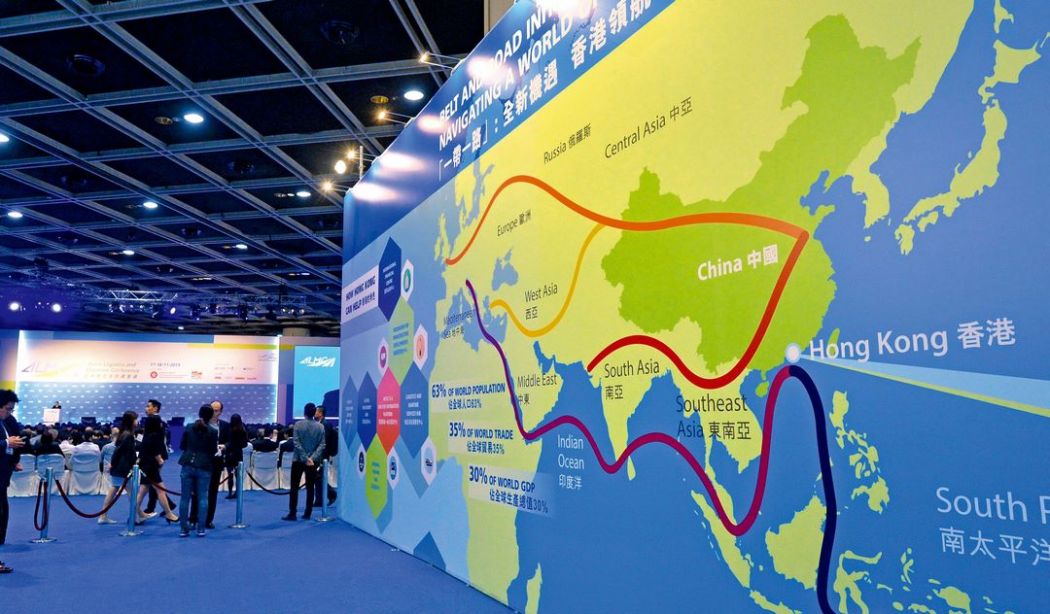
6.133. Take further measures on business and human rights in line with its international obligations and ensure that companies operating in high risk or conflict areas conduct human rights due diligence in line with the UN Guiding Principles on Business and Human Rights (State of Palestine);
6.134. Establish a regulatory framework to assess the human rights and environmental impacts of corporations headquartered in China so as to promote and respect human rights, in follow up to the recommendations contained in paragraphs, 186.185, 186.193, 186.224 and 186.251, accepted during the second cycle (Haiti);
6.135. Continue extending Chinese laws, regulations and standards such as UN Guiding Principles on Business and Human rights to Chinese companies operating beyond China’s borders (Kenya);
Recommendations related to civil society, NGOs, human rights defenders, and journalists (16)
From Switzerland, France, Greece, Italy, Luxembourg, Czechia, Australia, Norway, Spain, USA, Belgium, Costa Rica, Estonia, Ireland, Argentina, Liechtenstein.
6.176. Put an end to the practice of “residential surveillance at a designated location”, specifically with regard to human rights defenders and lawyers (Switzerland);
6.205. Guarantee freedom of expression, assembly and association including in Hong Kong, and to remove obstacles to freedom of information on the internet, in particular for human rights defenders (France);
6.206. Consider further measures to ensure a safe environment for journalists and other Civil Society actors to carry out their work (Greece);
6.207. Guarantee freedom of opinion and expression, enhancing efforts to create an environment in which journalists, human rights defenders and NGOs can freely operate according with international standards (Italy);
6.208. Protect and guarantee the respect of freedom of information and expression, in particular journalists, bloggers and human rights defenders (Luxembourg);
6.213. Guarantee fair trial, an independent judiciary and access to legal counsel, release all human rights defenders, including lawyers, and refrain from persecuting those who exercise their rights or defend others (Czechia);
6.333. Release detained human rights defenders (Australia);
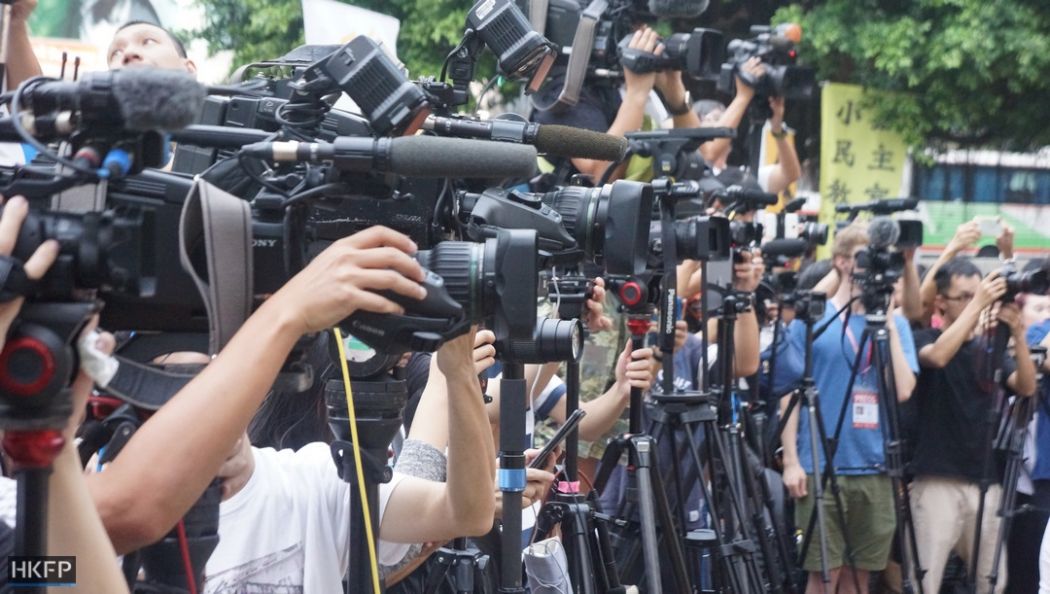
6.334. Create and maintain a safe and enabling environment for all human rights defenders (Norway);
6.335. Apply public policies to protect human rights defenders in line with international standards (Spain);
6.336. Cease harassment and extraterritorial abduction of’ human rights defenders and their family members, cease house arrest and travel restrictions for people based on their rights-defence work, and release those imprisoned for such work, including Tashi Wangchuk, Ilham Tohti, Huang Qi, and Wang Quanzhang (United States of America);
6.337. Take the necessary measures to guarantee that human rights defenders can exercise their freedom of expression and to peaceful association (Belgium);
6.338. Guarantee the full exercise of the freedoms of association and expression of human rights defenders and minorities in accordance with international human rights law (Costa Rica);
6.339. Enable all members of civil society to freely engage with international human rights mechanisms without fear of intimidation and reprisals (Estonia);
6.340. Take immediate action to allow human rights defenders and lawyers, to exercise their right to freedom of expression and opinion without threats, harassment or repercussions (Ireland);
6.341. Adopt the necessary measures to provide a safe environment for those who work on the protection and promotion of human rights, including human rights defenders and journalists, and investigate and punish all acts of violence against them (Argentina);
6.342. Ensure that human rights defenders can exercise their work without being subjected to harassment, intimidation or any kind of reprisals (Liechtenstein);
Recommendations that specifically reference Hong Kong (6)
From Indonesia, France, Australia, Philippines, Canada, and Croatia.
6.14. Encourage China, including Hong Kong and Macao Special Administrative Regions (SAR), to consider ratifying the International Convention on the Protection of the Rights of All Migrant Workers and Members of Their Families (Indonesia);
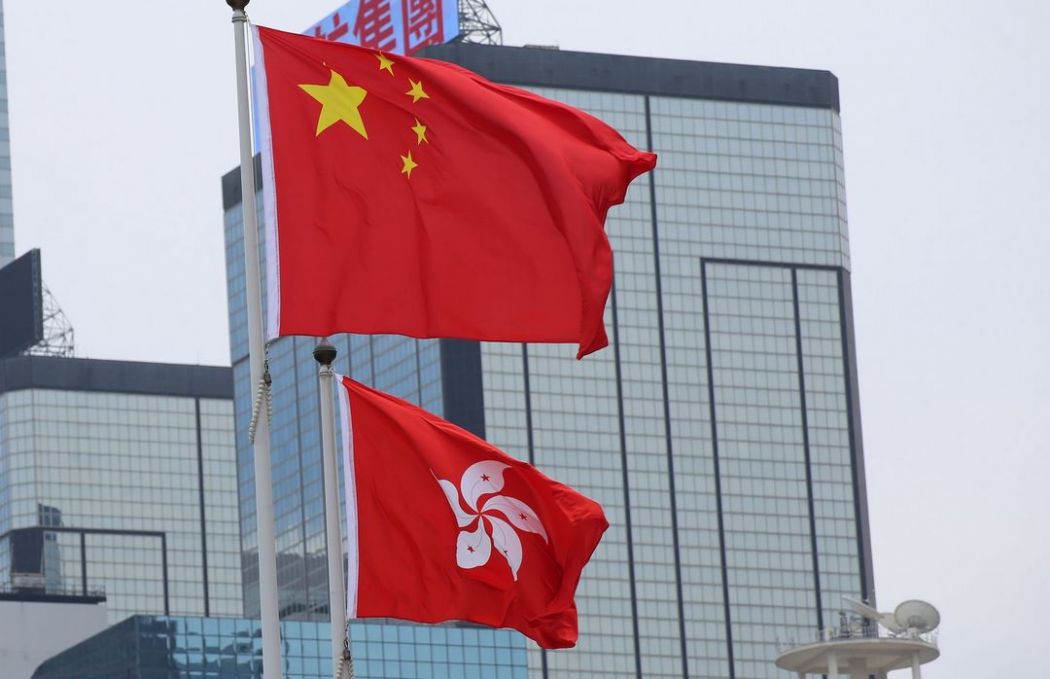
6.205. Guarantee freedom of expression, assembly and association including in Hong Kong, and to remove obstacles to freedom of information on the internet, in particular for human rights defenders (France);
6.343. Uphold the rights, freedoms and rule of law embodied in the one country, two systems framework for Hong Kong (Australia);
6.344. Enhance monitoring of the implementation of the Standard Employment Contract, particularly for migrant domestic workers in Hong Kong (Philippines);
6.345. Ensure the right of Hong Kong people to take part in government, without distinction of any kind (Canada);
6.346. That the Hong Kong Special Administrative Region introduce internal legislation to implement the Convention on the Rights of the Child (Croatia).
Recommendations that made general reference to minorities, but that are vaguely worded, weak, non-rights-based, and/or based on the assumption of existing positive situation/government actions (12)
From Qatar, Pakistan, Belarus, DPRK, Nepal, Bangladesh, Peru, Tajikistan, Turkmenistan, Zimbabwe, Afghanistan, Lao PDR.
6.94. Continue efforts to narrow the income gap between urban and rural areas, while paying special attention to ethnic minority areas (Qatar);
6.188. Continue promoting the freedom of religious belief in accordance with law; safeguard social and religious harmony among its people (Turkmenistan);
6.146. Continue its efforts to maintain and promote peace and stability and the welfare of its people living in the ethnic minority areas, including through action against terrorist organizations and individuals (Pakistan);
6.226. Continue to promote economic and social development in ethnic minority areas (Belarus);
6.268. Continue to develop bilingual education in ethnic minority areas (Democratic People’s Republic of Korea);
6.272. Continue to implement the free education policy in the Tibet Autonomous Region (Nepal);
6.274. Continue increased supply of educational resources in remote, rural and ethnic minority areas (Bangladesh);
6.275. Strengthen the approach of respecting cultural differences within its territory (Peru);
6.321. Adhere to the supply-side reform and promote the sustainable and sound economic and social development in Xinjiang Autonomous Region (Tajikistan);
6.323. Expand existing programmes that are aimed at ensuring the protection of the rights of minorities (Zimbabwe);
6.324. Further ensure the advancement of human rights of minority groups (Afghanistan);
6.328. Continue to guarantee the rights of ethnic minorities to participate in the management of state and social affairs on an equal footing according to law (Lao People’s Democratic Republic).
Ye Shiwei is an independent human rights analyst and NGO strategy advisor. Follow him on Twitter @swye105.
